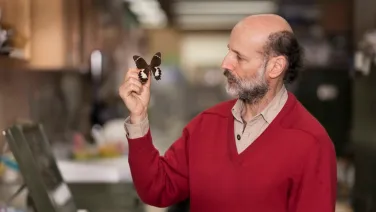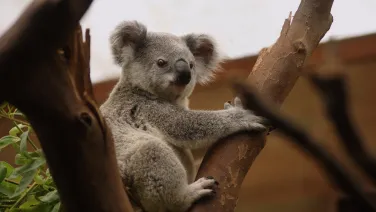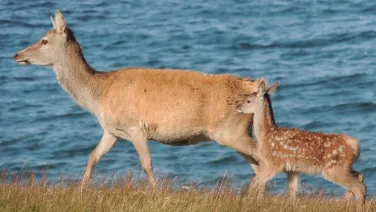
Phylogenetics, population genetics and biodiversity
RSB research in molecular genetics covers population genetics and phylogenetics across bacteria, fungi, plants, and animals. We use advanced methods to study biogeographic history, trait evolution, and conservation.
About
Molecular genetics forms the basis for much of what we do in this research area. Research at the Research School of Biology spans the continuum of population genetics and phylogenetics of bacteria, fungi, plants and animals. Our researchers are at the forefront of new methods in molecular ecology, population genetic analysis and molecular evolution. The results of our work are used to better understand biogeographic history, macroevolutionary patterns, evolution of traits and to inform conservation.






